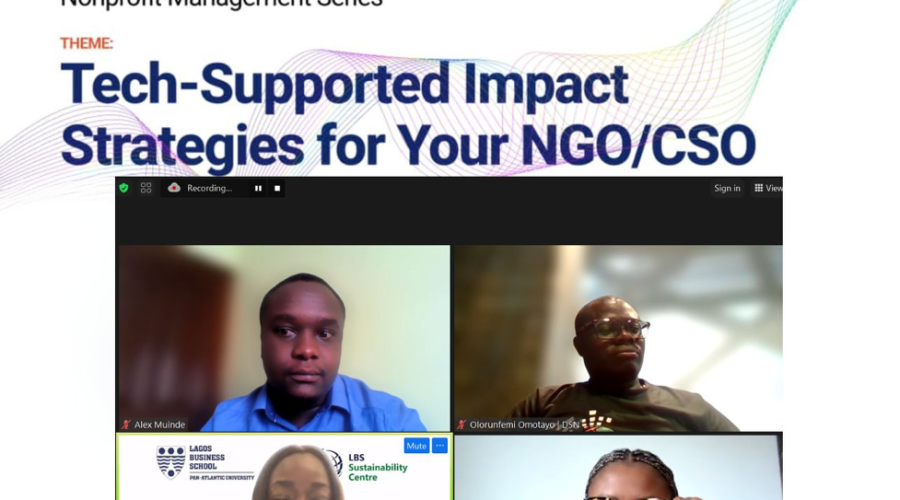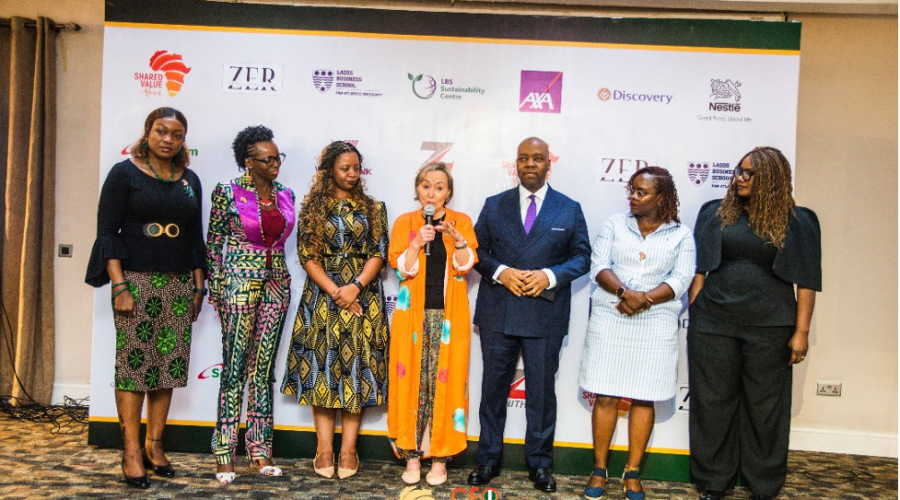The recently published Brooking Institute report on poverty highlighted that in Nigeria, 87million people live in extreme poverty. Putting this in perspective requires moving beyond the $1.25-a-day poverty benchmark, it means these people “lack the opportunity to make meaningful choices that will sustainably improve their lives”1. Nigeria now has the largest number of poor individuals in the world but the country also has one of the most promising economies globally.
While the poverty figures may come as no surprise to most residents in Nigeria. It should be of great concern to businesses operating in Africa’s most populous nation. Poverty has various fall outs; increased insurgency, clashes and struggle for land and other resources, youth restiveness, increasing crime and mortality rate. Indeed, business cannot succeed in societies that fail, the profits and long term existence of business is dependent on the overall prosperity of the society.
As a business leader you and your company can contribute to Nigeria’s achievement of the first sustainable development goal ‘End poverty in all its forms everywhere’. The goal is to ensure social protection for the poor and vulnerable, increase access to basic services. It also covers supporting people harmed by climate-related extreme events and other economic, social and environmental shocks and disasters2. Business can reduce poverty by engaging in impact driven corporate social responsibility projects and integrating the needs of the bottom-of-the-pyramid (market segment) in product development, sales, service delivery and the business value chain. Supporting entrepreneurship, micro, small and medium business will also have a trickle-down effect of job and wealth creation which will go a long way in the drive to pull more people out of poverty. This is why the concept and adoption of inclusive business models is important especially in emerging markets.
Finally, engaging government as a group instead of individual business entities is also key in achieving poverty reduction. Businesses are uniquely positioned to influence and support positive policies by working collaboratively as the organised private sector. The Nigeria Economic Summit Group (NESG), UN Global Compact (UNGC) Nigeria Chapter, Private Sector Advisory Group on SDGs in Nigeria (PSAG) are a few examples of private sector led action for socio-economic change and impact. These bodies are proof that society’s problems are not only the responsibility of government but of businesses as well.






